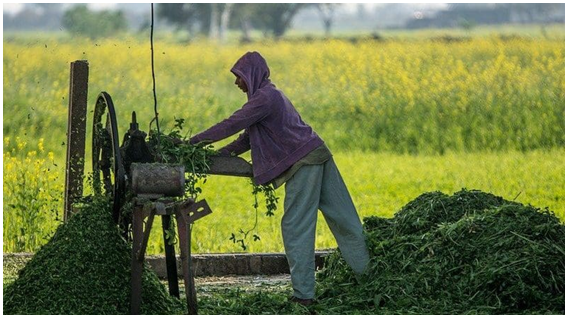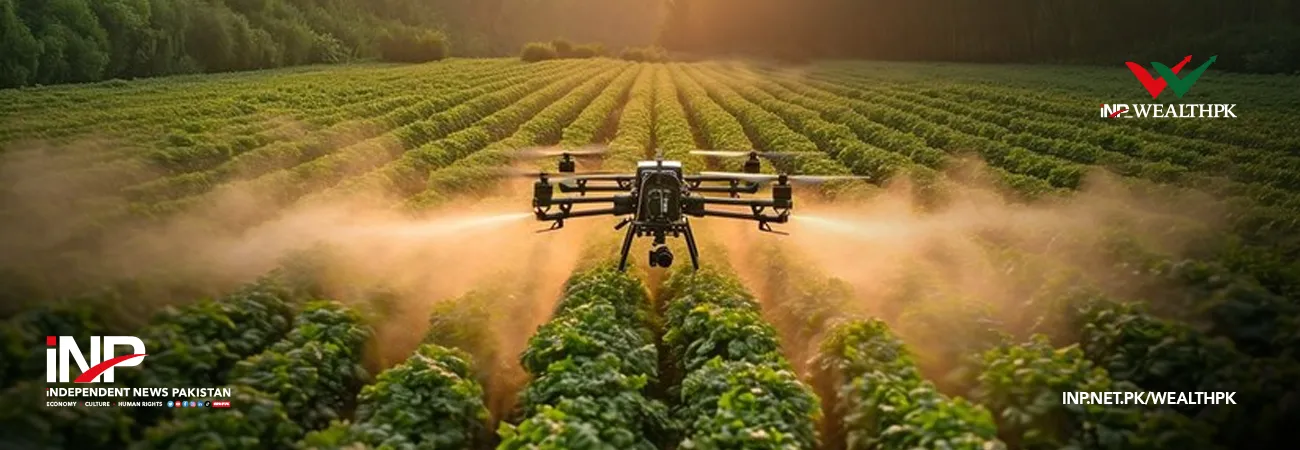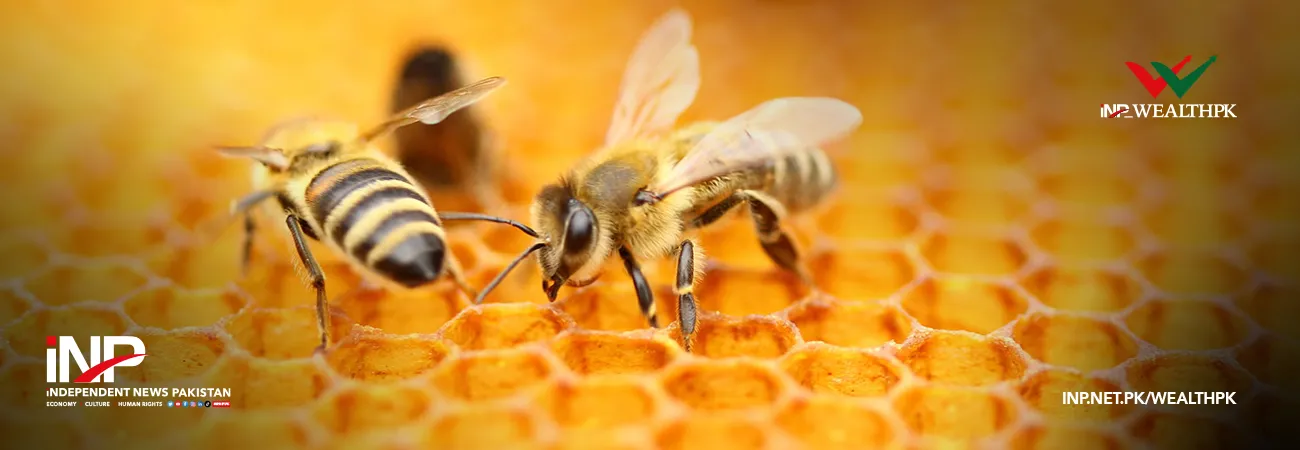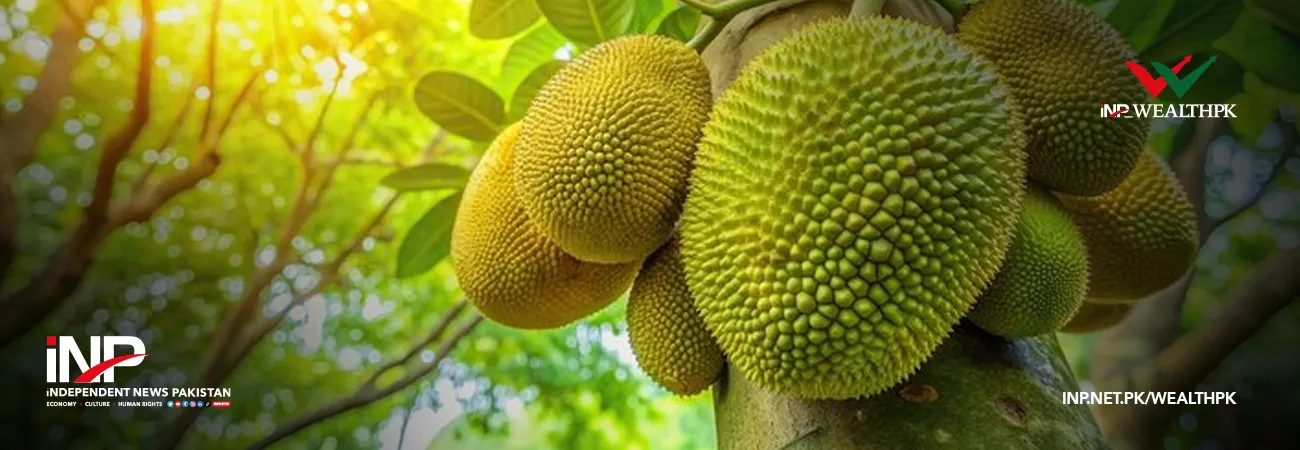INP-WealthPk
Arooj Zulfiqar
Pakistan is setting its sights on becoming a regional agricultural powerhouse through a multi-faceted approach that emphasizes innovation, sustainability, and modernization, reports WealthPK.

The government’s strategic focus on agriculture aims to not only address domestic food demands but also secure a vital role for the country in regional food security. “Modernizing the agricultural sector is essential for boosting productivity and positioning Pakistan as a leading player in the region. Sustainable practices and adoption of advanced technologies will pave the way for this transformation,” said Tariq Sultan, Principal Scientific Officer at the National Agricultural Research Centre (NARC).
He said, “Integration of precision agricultural tools, such as GPS-guided tractors, drones, and sensor-based technologies, is revolutionizing the farming practices in Pakistan. These technologies are being utilized to optimize resource management, improve crop management, and reduce environmental impacts.” Sultan emphasized that such advancements will enhance productivity while promoting sustainable practices in line with global ecological trends.
“The government’s investments in research and development include a proactive approach to genetically modified crops, aiming to combat challenges like pest infestations and plant diseases. By introducing resilient crop varieties and reducing reliance on chemical inputs, Pakistan will align itself with the international trends toward eco-friendly agricultural methods,” he said.
“The government is prioritizing mechanized farming to improve efficiency and reduce the post-harvest losses, which currently stand at an alarming 40%. Subsidized loans, import tax reductions on agricultural machinery, and farmer education programs are facilitating the transition. In Punjab and Sindh, pilot projects for precision farming and smart irrigation systems are showing promising results in optimizing water and input use,” he explained. “The Ministry of National Food Security and Research has launched reforms aimed at improving seed certification, facilitating access to credit for smallholders, and incentivizing exports. Additionally, the government is reducing reliance on imported agricultural inputs by promoting local production of fertilizers and pesticides.”
While the vision is ambitious, Pakistan faces hurdles such as outdated infrastructure, climate change, and inconsistent policy implementation. The devastating floods of 2022 highlighted the sector’s vulnerability to extreme weather, prompting calls for climate-resilient farming. There is a need for integrated rural development, including improved road networks and storage facilities, to support the growth of agriculture. Additionally, expanding access to training and technology for smallholders is vital to achieving equitable growth.
Credit: INP-WealthPk













